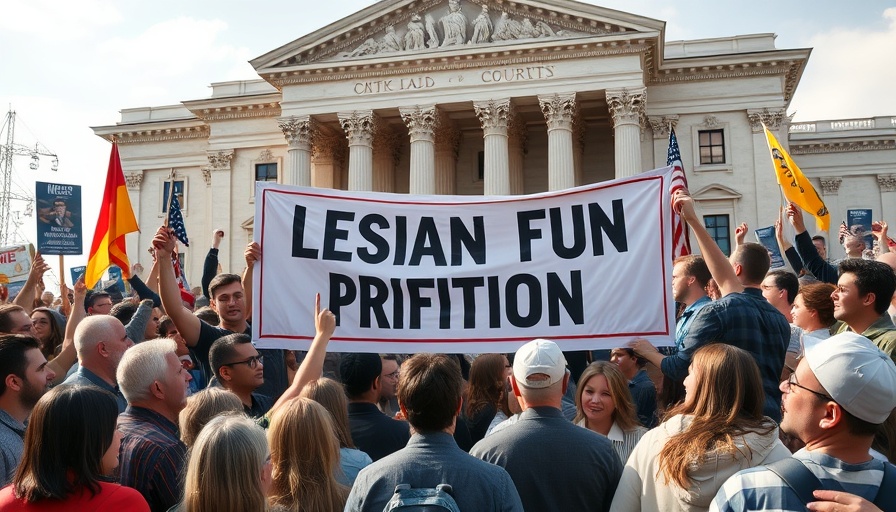
A Turning Point for Federal Union Rights
The recent decision by the appeals court lifting the block on a Trump-era executive order has sent ripples through the landscape of federal union rights. This ruling not only affects thousands of federal employees but also sets a precedent that could shape labor relations in the U.S. for years to come.
Understanding the Executive Order's Impact
In 2019, then-President Donald Trump signed an executive order aimed at limiting the bargaining power of federal unions. This decree introduced several regulations intended to curb union-related expenditures and minimize the ability of unions to negotiate across various issues, including pay raises and working conditions. By overturning the block, the appeals court has effectively resumed the enforcement of this order, igniting heated debates about the future role of unions in government workplaces.
Historical Context and Changes in Labor Laws
The significance of this ruling cannot be overstated. It builds upon a long-standing tradition of labor relations in the U.S. that has continually evolved since the establishment of union rights in the mid-20th century. Understanding the historical context of labor laws helps us comprehend how recent changes fit into a broader narrative. As we traverse through various administrations, we've witnessed fluctuations in the balance of power between workers and management, a dynamic now tested once again by the current judicial decision.
Reactions from Union Leaders and Advocates
The response from labor leaders has been swift and pronounced. Many believe the ruling could undermine years of progress made in protecting workers’ rights and ensuring fair treatment within the workplace. Union representatives argue that diminishing the bargaining power of unions can lead to inequitable work conditions and erode the progress achieved through collective bargaining efforts.
Potential Consequences for Federal Workers
Federal employees may face notable changes to their rights and benefits if the executive order's restrictions are fully implemented. From reduced pay increases to limitations on official time used for union activities, these developments present real concerns for job security and employee morale. Advocates for labor rights argue that the ability to negotiate strong contracts is crucial for safeguarding the interests of workers.
Exploring Future Predictions and Opportunities
As the nation watches closely, the implications of this ruling could potentially extend beyond federal unions. Experts suggest that if similar policies are adopted at state and local levels, it could mark a significant shift in labor relations nationwide. Understanding these future trends is essential for employees across various sectors as they navigate the evolving landscape of labor rights.
A Call for Active Engagement
In light of these developments, it is important for citizens to engage actively in discussions surrounding labor rights and union movements. Recognizing the vital role that unions play in advocating for worker protections can lead to more informed conversations and, ultimately, greater support for equitable labor practices. Take the time to understand these changes and how they might directly impact your work environment.
 Add Element
Add Element  Add Row
Add Row 



 Add Row
Add Row  Add
Add 


Write A Comment